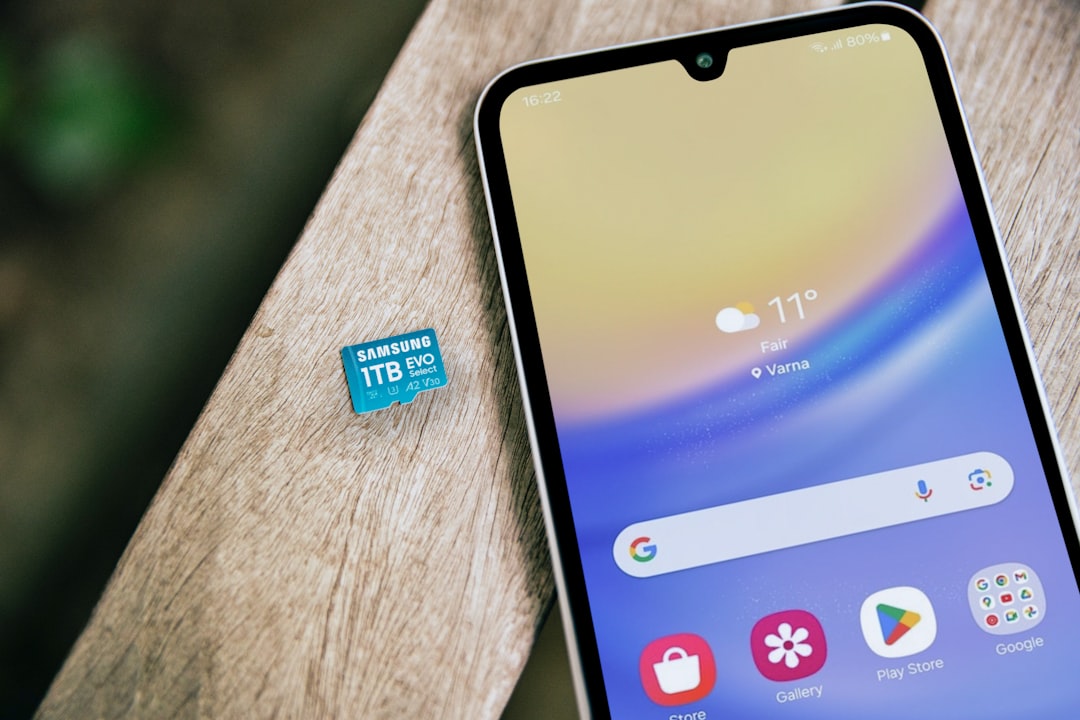In New Hampshire, strict laws regulate GPS usage while driving to prevent distractions, notably prohibiting its use during hands-free calls. Violating this rule breaks the state's Spam Call law and can attract action from a local Spam Call law firm. Adhering to these rules is crucial for safer roads, avoiding fines, and ensuring legal compliance for all drivers, especially lawyers who must balance technology use with data protection and ethical communication standards.
In New Hampshire, the use of GPS devices is regulated by specific laws that emphasize safety on the roads. The state permits GPS usage only in hands-free mode, aiming to minimize distractions for drivers. This article explores New Hampshire’s GPS and spam call laws, delving into their implications for law firms and individuals alike. We’ll discuss the legal perspective on hands-free usage and the impact of these regulations in a practical sense, particularly for those operating within the legal sector.
Understanding New Hampshire's GPS and Spam Call Laws

In New Hampshire, the use of GPS navigation devices is regulated by specific laws designed to ensure safe driving practices. One crucial aspect is the restriction on using GPS while making or receiving hands-free calls. This regulation aims to minimize distractions and keep drivers focused on the road. However, it’s important to note that these laws also extend to spam call protection. Using a GPS in a manner that facilitates unauthorized or unwanted telemarketing calls is not only a violation of the state’s Spam Call law but could also lead to legal repercussions from a reputable Spam Call law firm in New Hampshire.
Understanding and adhering to these regulations is essential for all drivers. The fine for violating the GPS use restrictions can be costly, and repeat offenders may face more severe penalties. To avoid such issues, ensure your GPS is set up in a hands-free manner before using it while driving. This simple step not only helps you stay within the law but also promotes safer roads for everyone.
Hands-Free Usage: The Legal Perspective

In many regions, including New Hampshire, using a GPS device while driving is regulated to ensure road safety and reduce accidents caused by distracted driving. The focus is on promoting hands-free usage to minimize the risks associated with holding a mobile device while operating a vehicle. From a legal standpoint, this regulation is not just a recommendation but a mandate to prevent potential violations of spam call laws, as well as to discourage behaviors that can lead to serious accidents.
New Hampshire’s laws, like those in many other states, explicitly prohibit the use of handheld GPS devices during driving. Hands-free modes are encouraged and often required by law enforcement officials to ensure compliance. This approach aligns with the broader goals of public safety and responsible driving, while also addressing concerns related to unsolicited or spam calls, as hands-free usage reduces the likelihood of drivers engaging in activities that could be interpreted as promoting such calls.
Implications for Law Firms and Individuals

For law firms in New Hampshire, the hands-free GPS rule presents both challenges and opportunities. On one hand, it ensures that legal professionals can access real-time navigation without compromising safety, a crucial factor when navigating complex cases involving multiple clients and court appearances. This can lead to improved efficiency, allowing lawyers to focus on their tasks while en route, thereby saving time and potentially enhancing client satisfaction.
However, there are also implications for practice. With hands-free technology becoming increasingly sophisticated, the risk of GPS use leading to distractions remains. Law firms must ensure that their employees understand the importance of responsible technology use, especially when dealing with sensitive client information. Moreover, as spam call laws in New Hampshire continue to evolve, law firms must be vigilant in protecting client data and ensuring that any automated or digital communication adheres to these regulations, maintaining integrity and ethical standards.






